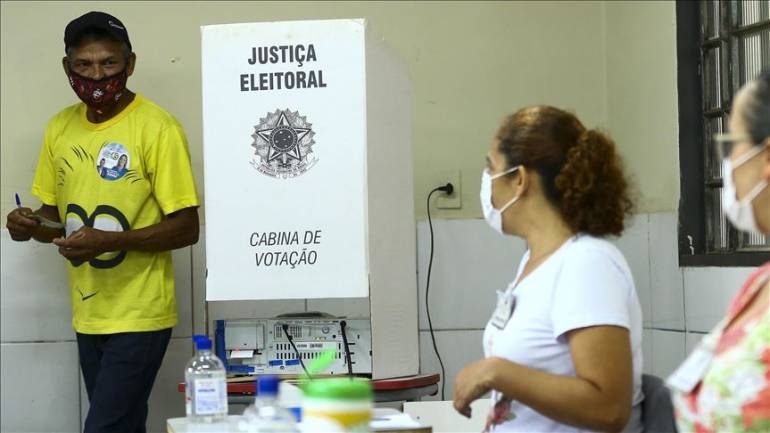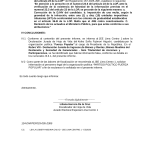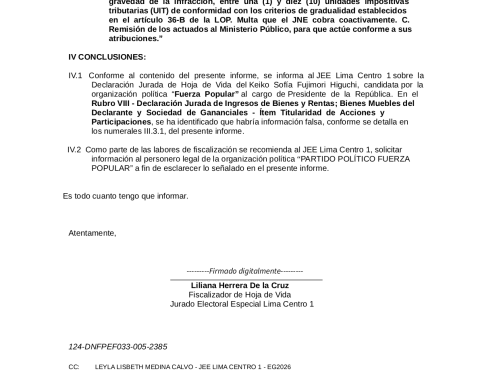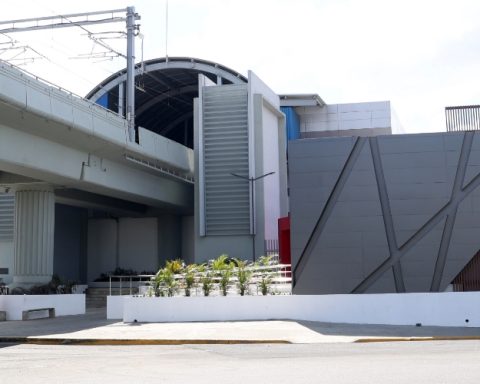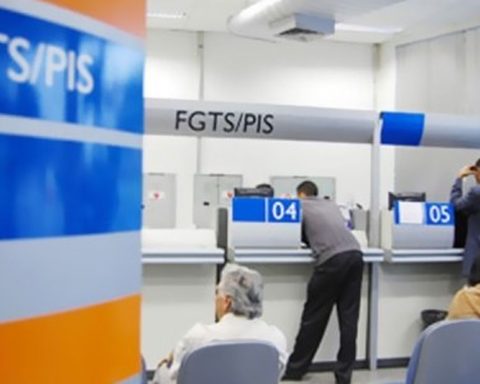The agreement was signed by representatives from Twitter, TikTok, Facebook, WhatsApp, Google, Instagram, YouTube and Kwai. The TSE tried to contact the Telegram platform to add it to the agreement, but had no response, the court’s communication advisor confirmed to AFP.
These companies promised to collaborate with the TSE through specific tools that will provide users with links to official information.
There will also be specific channels for reporting posts that contain false information. In the case of Facebook, every time the company receives an alert for possible malicious content, it will be analyzed by a team that may eventually remove it. The WhatsApp messaging service, for its part, will have a specific channel for reporting the sending of illegal mass messages.
With the addition of Kwai, the apps renewed a similar agreement signed for the 2020 municipal elections.
“Messaging applications today have become a great public space (…) we are here, in this society, so that we can push fake news, disinformation and conspiracy theories to the margins of history and allow a public debate of higher quality,” added the president of the TSE.
Brazil will hold its presidential election on October 2 and the second round, if necessary, will be on the 30th of the same month. Most polls show a likely runoff between former president Lula da Silva (2003-2010), the favorite in the polls, and the current president.
Social networks were a key piece for Bolsonaro in 2018, when he was elected president of Brazil. The president himself carried out a very active campaign on networks, as well as many of his followers, who spread false information about his opponents.
The far-right, an active user of social networks, is currently the subject of several investigations for spreading false news. Platforms such as YouTube, Twitter and Facebook took action against some of his posts, while the president tries to concentrate as many followers as possible on Telegram.
This platform is under the microscope of justice to be accused of lack of collaboration to moderate disinformation.
Bolsonaro last month described the possibility of the electoral court banning Telegram as “cowardice.”
Barroso admitted in an interview published with the newspaper O Globo last Sunday that the justice system is considering banning the application on the eve of the elections.
